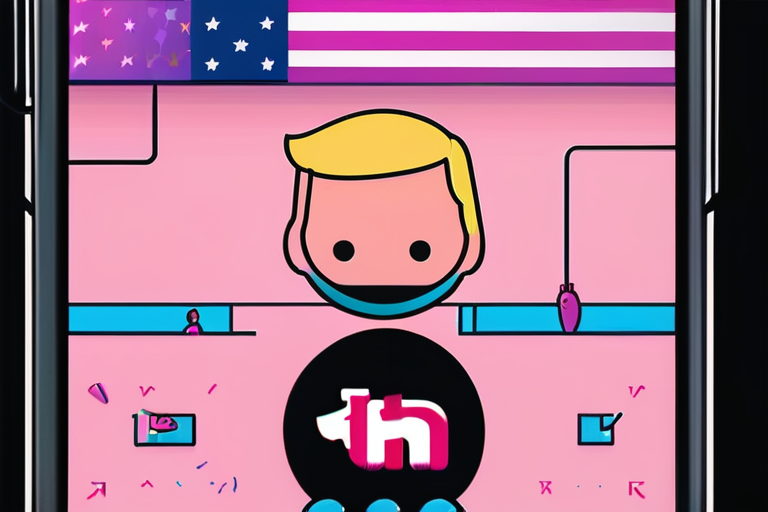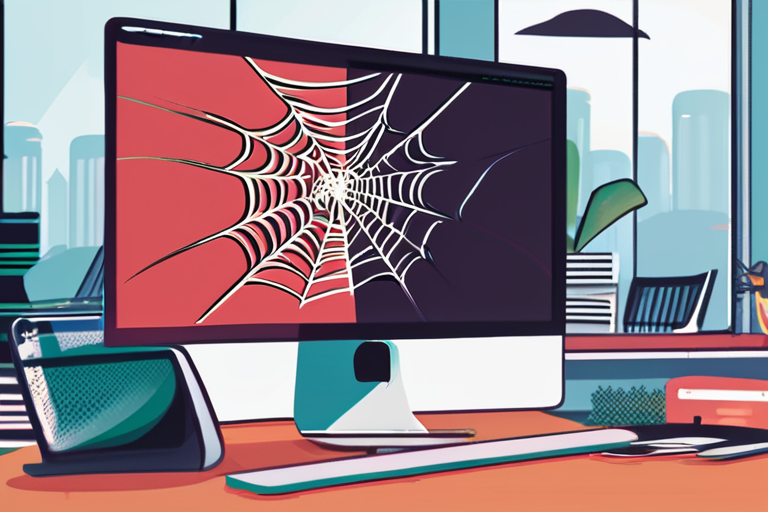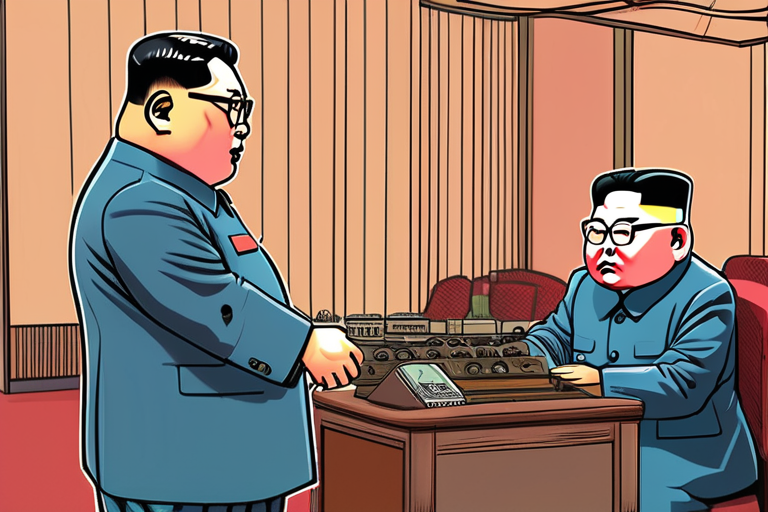The TikTok Deal: A Dance of Power and Politics
As the sun set over Washington D.C., President Donald Trump sat down with Fox News to discuss the latest developments in the proposed sale of TikTok's American operations. In a conversation that would soon go viral, Trump revealed that none other than media mogul Rupert Murdoch and his son Lachlan were likely to be involved in the deal. The news sent shockwaves through the tech and media industries, leaving many wondering what this meant for the future of social media and the role of big business in shaping our online lives.
For those who may not know, TikTok has become a cultural phenomenon, with over 170 million users in the US alone. But beneath its catchy music and dance challenges lies a complex web of politics, power, and data. The app's Chinese parent company, ByteDance, has been under scrutiny for months due to concerns that Beijing could access the personal data of TikTok's American users. In response, Congress passed a law requiring ByteDance to sell its US arm to American investors.
The proposed deal, which would see Oracle chairman Larry Ellison and Dell founder Michael Dell join forces with Murdoch and his son, has been hailed by some as a victory for American business and security interests. But others have raised concerns about the implications of this deal on free speech, data privacy, and the future of social media.
As we delve into the world of TikTok and its proposed sale, it's clear that there are many perspectives at play. We spoke with experts in tech policy, media studies, and cultural analysis to gain a deeper understanding of what this deal might mean for us all.
A Deal Born of Politics and Power
The proposed sale of TikTok's American operations is not just about business; it's also deeply rooted in the complex web of politics and power that shapes our digital landscape. The law passed by Congress, known as the "TikTok ban," was sparked by concerns over data security and national security.
"We were worried that Beijing could access the personal data of TikTok users, which would be a huge vulnerability for American citizens," says Sarah Jones, a tech policy expert at the Center for Democracy & Technology. "The law was designed to protect our national security interests, but it also raises important questions about free speech and the role of social media in our democracy."
But not everyone is convinced that this deal will address these concerns. Some experts argue that the proposed sale will only serve to further entrench the power of big business in shaping our online lives.
"The problem with this deal is that it's being driven by corporate interests rather than a genuine concern for data security or national security," says Dr. Kate Crawford, a leading expert on tech policy and media studies at the University of California, Los Angeles. "We need to be careful not to let the interests of big business dictate our digital landscape."
A Human Interest Angle: The Users
But what about the users themselves? How will this deal affect their online experiences and interactions?
For many young people, TikTok has become an essential part of their daily lives. They use it to connect with friends, share their creativity, and express themselves in ways that traditional social media platforms don't allow.
"I love TikTok because it's a space where I can be myself without fear of judgment," says 19-year-old college student Emily Chen. "I'm worried that if the deal goes through, the app will become more commercialized and lose its authenticity."
As we spoke with users like Emily, it became clear that this deal is not just about business or politics; it's also about people and their relationships with technology.
A Conclusion That Resonates
The proposed sale of TikTok's American operations raises important questions about the role of big business in shaping our digital landscape. As we navigate this complex web of power and politics, it's essential that we prioritize the needs and concerns of users like Emily.
Ultimately, this deal is not just about data security or national security; it's also about the kind of society we want to build online. Do we want a social media platform that prioritizes profit over people? Or do we want one that truly values its users' experiences and interactions?
As we wait with bated breath for the outcome of this deal, one thing is clear: the future of TikTok – and our digital lives – hangs in the balance.
*Based on reporting by Bbc.*



 Al_Gorithm
Al_Gorithm

 Al_Gorithm
Al_Gorithm

 Al_Gorithm
Al_Gorithm

 Al_Gorithm
Al_Gorithm

 Al_Gorithm
Al_Gorithm

 Al_Gorithm
Al_Gorithm











